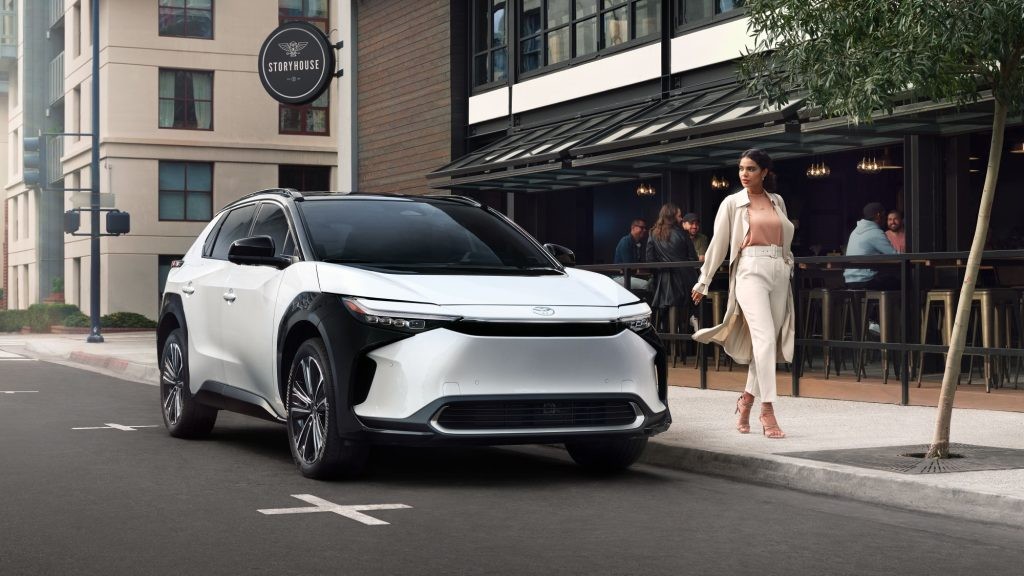Hybrid cars have surged in popularity as drivers seek fuel-efficient and environmentally conscious vehicles. However, a persistent question lingers in the minds of potential and current hybrid owners: are hybrid cars expensive to repair? At Car Repair Online, we understand these concerns and aim to provide clarity by debunking common myths and revealing the realities of hybrid vehicle maintenance. Let’s dive into the truth behind hybrid car repair costs.
Myth 1: Hybrid Car Maintenance Costs More Than Traditional Cars
Reality: This is a widespread misconception. While hybrid vehicles incorporate advanced technology, their long-term maintenance expenses are often surprisingly similar to, and sometimes even lower than, those of conventional gasoline cars. Hybrids boast features like regenerative braking, which significantly reduces wear and tear on brake pads and rotors, extending their lifespan. Furthermore, hybrid engines can have fewer moving parts compared to traditional combustion engines, potentially decreasing the likelihood of certain types of repairs.
 Toyota bZ4X hybrid car discussing if hybrid cars are expensive to repair
Toyota bZ4X hybrid car discussing if hybrid cars are expensive to repair
Myth 2: Hybrid Batteries Require Frequent and Costly Replacements
Reality: Hybrid batteries are engineered for longevity, often designed to last the entire lifespan of the vehicle under normal operating conditions. Manufacturers typically offer substantial warranties on hybrid battery systems, often spanning 8 years or 100,000 miles, or even longer depending on location and regulations. Many early hybrid models on the road have already demonstrated the impressive durability of their original battery packs, alleviating concerns about frequent replacements. Proper maintenance and responsible driving habits can further contribute to extending hybrid battery life.
Myth 3: Only Dealerships Can Handle Hybrid Car Repairs
Reality: While hybrid technology is indeed specialized, the notion that only dealerships can service these vehicles is inaccurate. The automotive repair industry has evolved to embrace hybrid technology. Numerous independent repair shops and skilled mechanics are now well-equipped and trained to perform maintenance and repairs on hybrid vehicles. The key is to seek out a qualified and experienced technician who has specific training and familiarity with hybrid systems. You’re not limited to dealership service centers for your hybrid car maintenance needs.
Myth 4: Hybrid Cars Demand Highly Specialized and Complex Maintenance
Reality: The maintenance schedule for a hybrid car largely mirrors that of a traditional vehicle. Routine services such as oil changes, tire rotations, fluid checks, and brake inspections remain essential. While hybrids may have additional checks related to their electric motor and battery system, these are typically integrated into standard maintenance schedules and are not overly complicated or expensive. Modern diagnostic tools also simplify the process of monitoring the health of hybrid components.
Myth 5: Hybrid Batteries Are Environmentally Damaging and Hard to Dispose Of
Reality: Hybrid batteries are designed with environmental responsibility in mind. Manufacturers are committed to sustainable practices, including robust recycling and disposal programs for end-of-life hybrid batteries. The materials used in these batteries, such as nickel and cobalt, are valuable resources that are often reclaimed and reused in manufacturing processes, reducing environmental impact.
Myth 6: Hybrid Vehicles Are More Susceptible to Breakdowns
Reality: Hybrid cars are built to stringent quality standards and undergo rigorous testing. Their dual-powertrain design, combining a gasoline engine with an electric motor, offers a degree of redundancy. Advanced technologies like regenerative braking not only enhance fuel efficiency but also contribute to the overall reliability of hybrid vehicles by reducing wear on conventional braking systems. Regular maintenance and timely inspections are key to maximizing the dependability of any vehicle, including hybrids.
Practical Tips for Hybrid Car Maintenance to Minimize Repair Costs
-
Adhere to the Factory Maintenance Schedule: Your owner’s manual is your best guide. Following the manufacturer’s recommended maintenance schedule is paramount for keeping your hybrid in peak condition and preventing potential issues that could lead to expensive repairs down the line.
-
Choose Certified Hybrid Technicians: Whether you opt for a dealership or an independent repair shop, ensure that the technicians working on your hybrid vehicle are certified and experienced in hybrid technology. This ensures accurate diagnoses and proper repairs.
-
Maintain Optimal Tire Pressure: Proper tire inflation is crucial for fuel efficiency and even tire wear, both of which contribute to lower running costs. Regularly check and adjust your tire pressure according to the manufacturer’s recommendations.
-
Regular Hybrid Battery Health Checks: Consider periodic battery health checks, especially as your hybrid ages. Many modern hybrids offer built-in diagnostic systems that allow technicians to assess battery health and identify potential issues early.
-
Utilize Regenerative Braking Effectively: Become accustomed to driving techniques that maximize regenerative braking. Smooth, anticipatory driving can increase the energy recapture and reduce the reliance on friction brakes, extending their lifespan and saving on brake repair costs.
Conclusion: Hybrid Car Repair Costs – An Economical and Sustainable Choice
Dispelling the myths surrounding hybrid maintenance reveals that hybrid cars are not inherently expensive to repair. In fact, they can be surprisingly economical in the long run, thanks to reduced wear on certain components and fuel savings. As hybrid technology continues to mature and become more widespread, maintenance and repair expertise is also becoming increasingly accessible and affordable. By embracing regular maintenance and choosing qualified technicians, hybrid owners can enjoy the benefits of fuel efficiency, reduced emissions, and reliable transportation without undue concern about exorbitant repair costs. Hybrid vehicles represent a smart and sustainable choice in today’s automotive landscape, proving that eco-consciousness and cost-effectiveness can go hand in hand.
